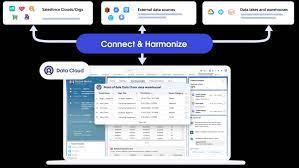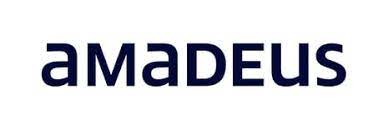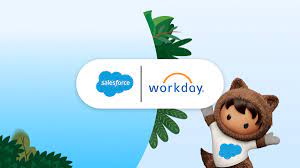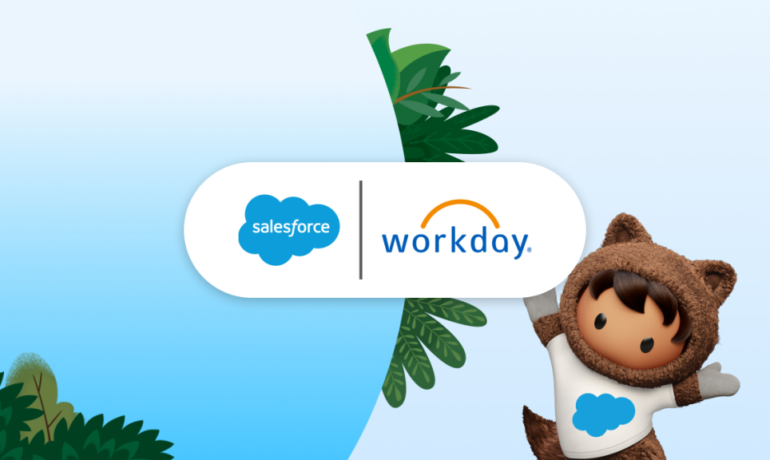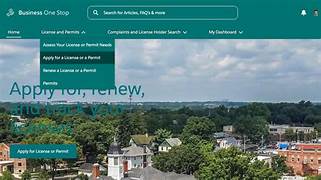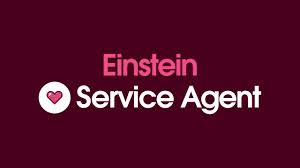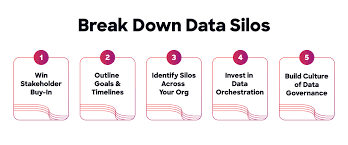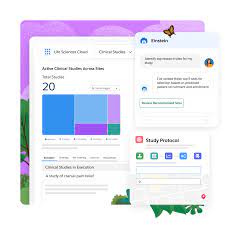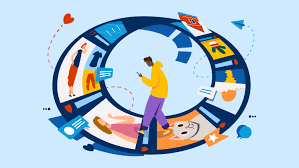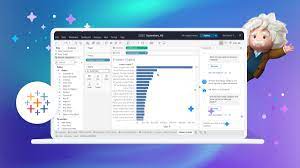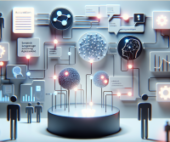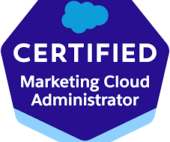Data Cloud and Genpact
Genpact (NYSE: G), a global professional services and solutions firm delivering outcomes that shape the future, announced today its integration with Salesforce Data Cloud to offer AI-driven industry-specific cloud solutions to transform operations and drive competitive advantages for enterprises. Genpact’s integration with Data Cloud will solve issues associated with disconnected and unstructured data, including poor quality, accessibility, and scalability. By combining Genpact’s deep industry knowledge in consumer goods, life sciences, manufacturing, banking, and insurance, with Data Cloud, businesses can improve decision-making, optimize operations, and drive growth. “To navigate an increasingly complex business environment, business leaders must unlock the full potential of their data assets – but they can only do so if they have a more holistic view,” said Riju Vashisht, Chief Growth Officer, Genpact. “Our partnership with Salesforce combines our data, technology, and AI expertise and a global talent pool with the Salesforce Data Cloud, helping businesses break down data silos, gain real-time insights, and deliver personalized experiences at scale.” Data Cloud offers a 360-degree view of the customer every team can act on by seamlessly connecting, unifying, and activating data that lives in silos across an organization. This allows Genpact to better enable automation, analytics, and personalized engagement. Genpact has also launched a comprehensive training program for its employees on Salesforce’s Einstein AI and Data Cloud platforms to enhance skills and boost innovation to stay ahead in the AI landscape. “Data Cloud is the platform powering organizations’ data and AI driven engagement. Data Cloud seamlessly harmonizes and unifies structured and unstructured data to deliver integrated experiences,” said Rahul Auradkar, EVP and GM, Unified Data Services and Einstein, Salesforce. “The AI revolution is about data, Data Cloud in concert with Salesforce Einstein 1 platform drives predictive and generative AI, automation, and analytics for customer engagement.” Genpact’s collaboration with Salesforce underscores the company’s commitment to delivering high-quality solutions and achieving client satisfaction within the Salesforce ecosystem. Visit here for more information about Genpact and Salesforce. About Genpact Genpact (NYSE: G) is a global professional services and solutions firm delivering outcomes that shape the future. Our 125,000+ people across 30+ countries are driven by our innate curiosity, entrepreneurial agility, and desire to create lasting value for clients. Powered by our purpose – the relentless pursuit of a world that works better for people – we serve and transform leading enterprises, including the Fortune Global 500, with our deep business and industry knowledge, digital operations services, and expertise in data, technology, and AI. Like Related Posts Salesforce OEM AppExchange Expanding its reach beyond CRM, Salesforce.com has launched a new service called AppExchange OEM Edition, aimed at non-CRM service providers. Read more The Salesforce Story In Marc Benioff’s own words How did salesforce.com grow from a start up in a rented apartment into the world’s Read more Salesforce Jigsaw Salesforce.com, a prominent figure in cloud computing, has finalized a deal to acquire Jigsaw, a wiki-style business contact database, for Read more Health Cloud Brings Healthcare Transformation Following swiftly after last week’s successful launch of Financial Services Cloud, Salesforce has announced the second installment in its series Read more


